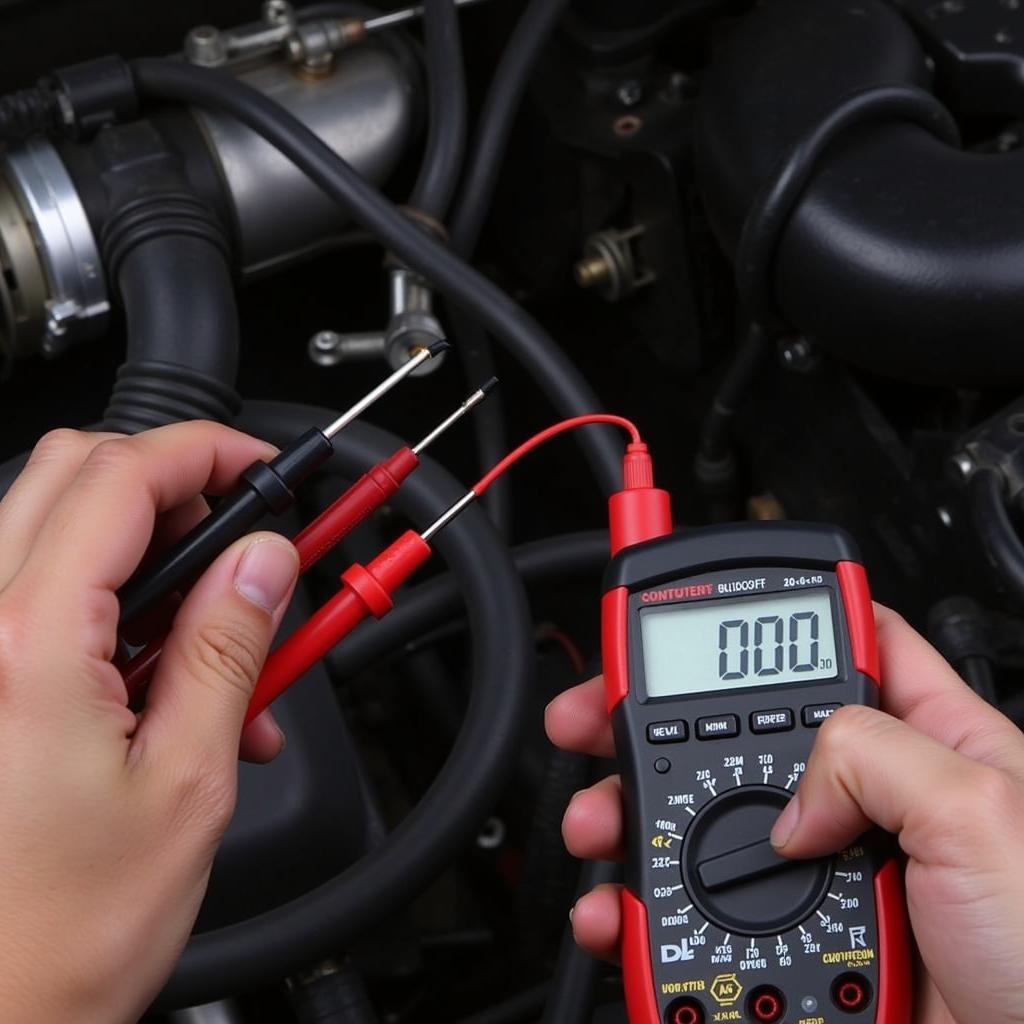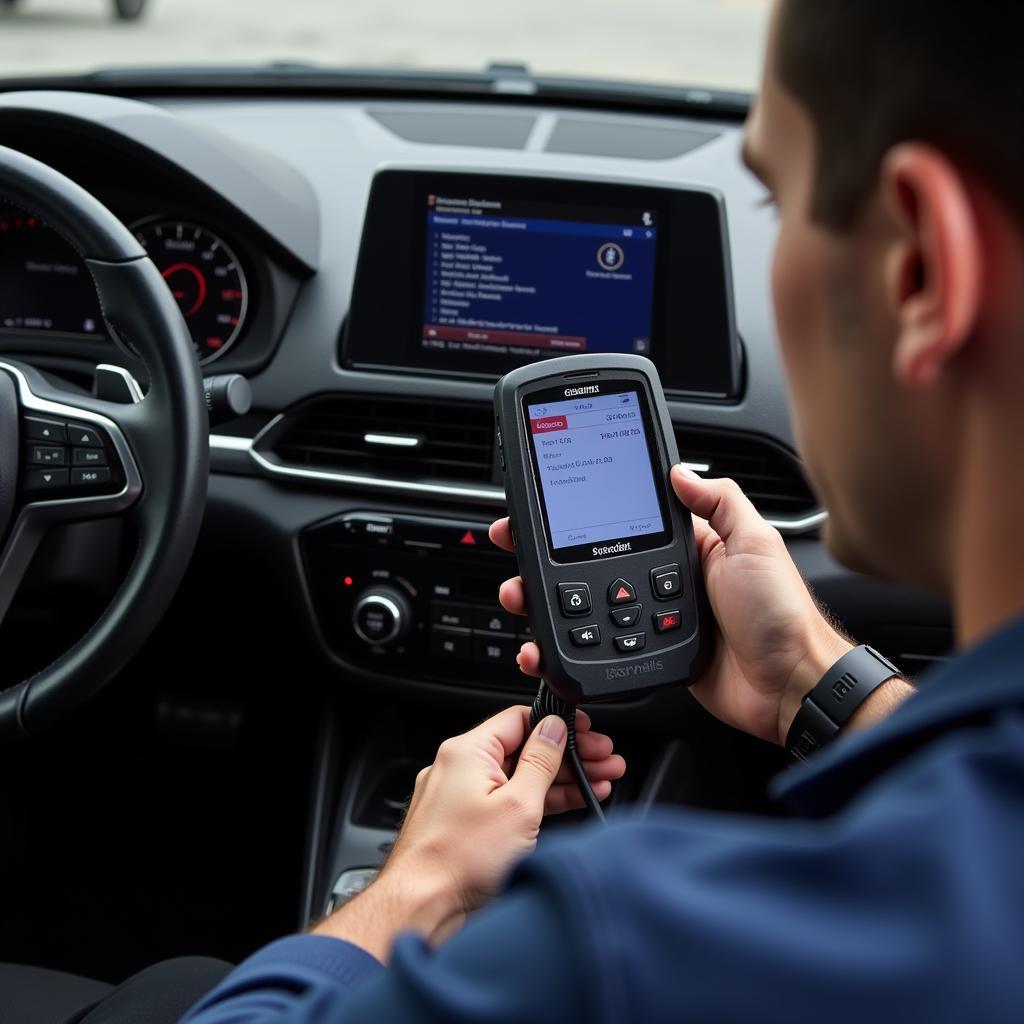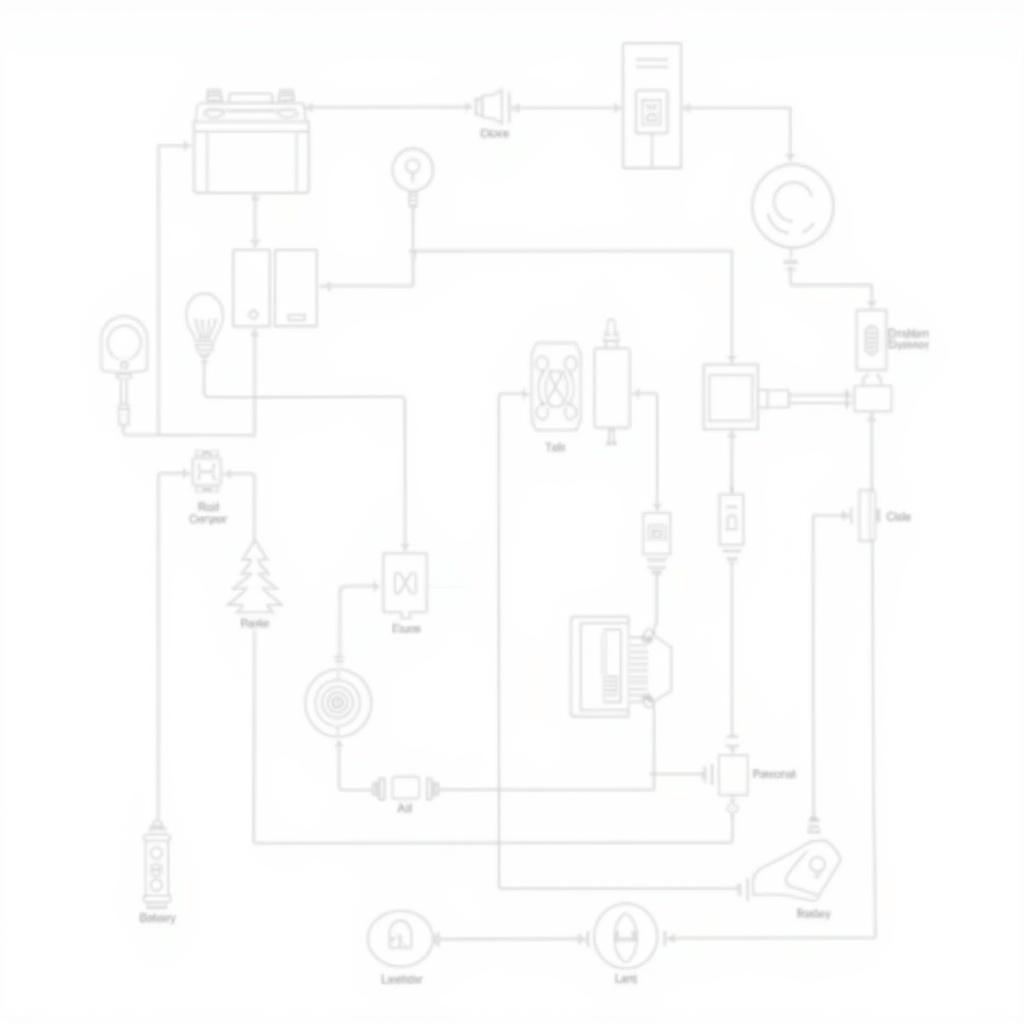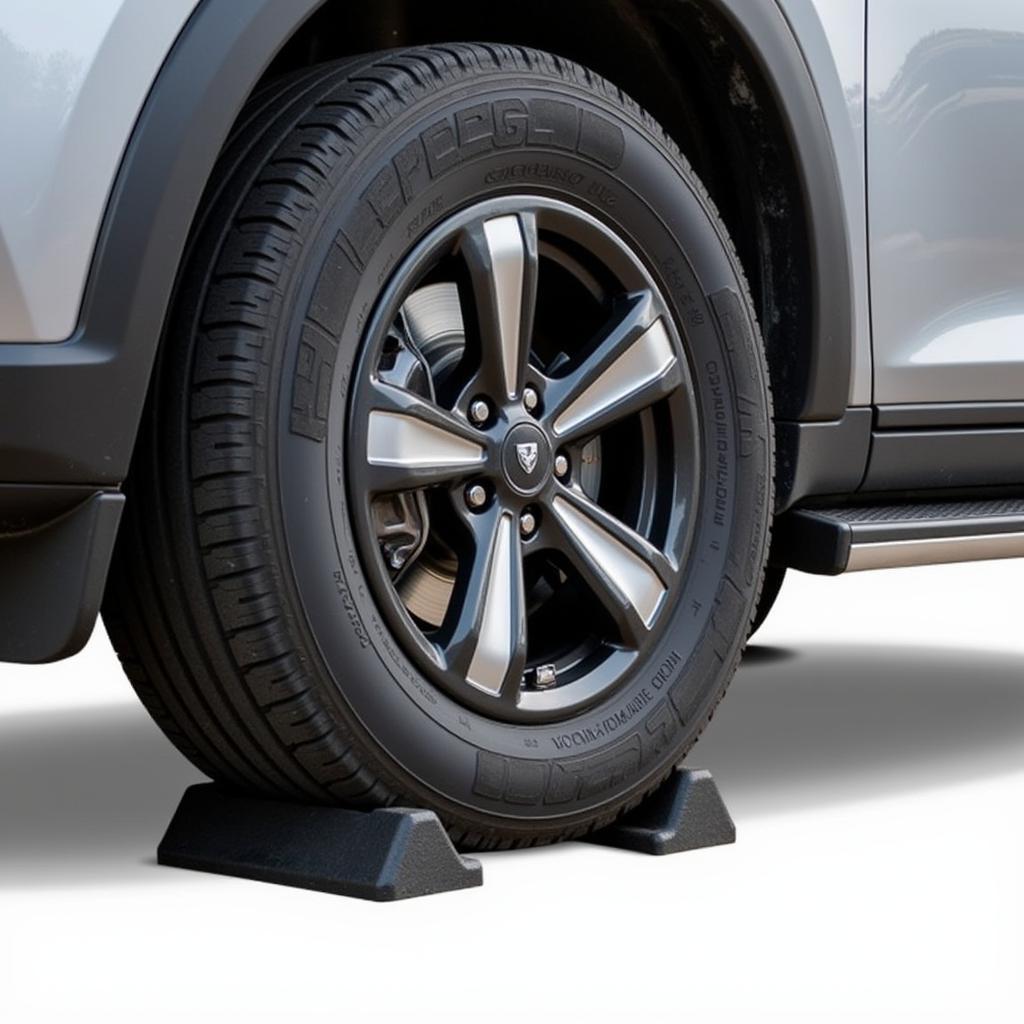Intermittent Car Electrical Problems can be frustrating and challenging to diagnose. One moment everything works fine, the next your headlights are flickering, the radio cuts out, or the car won’t start. This guide will walk you through common causes, diagnostic steps, and solutions for tackling these elusive electrical gremlins.
After checking the basics like the battery connections and fuses, you might find yourself scratching your head. Don’t worry, you’re not alone. Many car owners and even experienced technicians find these problems tricky. Understanding how to approach these issues systematically is key to a successful repair. Check our resources on different car problems for more insights.
Understanding Intermittent Electrical Issues
Intermittent problems are often caused by loose connections, corroded terminals, or damaged wiring. These issues can be exacerbated by temperature changes, vibrations, and moisture. Pinpointing the exact source can be difficult because the problem doesn’t always manifest itself.
Common Causes of Intermittent Electrical Problems
- Loose or Corroded Connections: Battery terminals, ground connections, and wiring harness connectors are common culprits.
- Damaged Wiring: Wires can become frayed, chafed, or broken, leading to intermittent shorts or open circuits.
- Faulty Relays and Switches: These components can wear out or malfunction, causing intermittent operation of various systems.
- Failing Sensors: A faulty sensor can send incorrect signals to the car’s computer, leading to erratic behavior.
- Temperature Fluctuations: Extreme heat or cold can affect the resistance of electrical components and exacerbate existing issues.
Diagnosing Intermittent Car Electrical Problems
Diagnosing intermittent problems requires patience and a systematic approach. Start with the simplest checks and gradually move to more complex procedures.
Visual Inspection
Begin by visually inspecting all accessible wiring, connectors, and components. Look for signs of damage, corrosion, or loose connections. Pay close attention to areas where wires might rub against metal or other components.
Checking Connections
Ensure all battery terminals and ground connections are clean and tight. Use a wire brush to remove any corrosion and a wrench to tighten the connections.
Using a Multimeter
A multimeter is an essential tool for diagnosing electrical problems. It can be used to check for voltage, current, and resistance. Use the multimeter to test wiring continuity, check for shorts, and measure voltage drops across various components.
 Using a multimeter to check for continuity in car wiring
Using a multimeter to check for continuity in car wiring
You might find it useful to refer to resources on common car not starting problems or forward 9000 car lift problems, as they can sometimes overlap with intermittent electrical issues.
Testing Relays and Switches
Relays and switches can be tested using a multimeter or a test light. Check for proper operation and continuity. If a relay or switch is suspected to be faulty, replace it with a new one.
Scanning for Diagnostic Trouble Codes (DTCs)
A diagnostic scanner can be used to retrieve DTCs stored in the car’s computer. These codes can provide valuable clues about the source of the problem, especially with sensor-related issues.
 Mechanic using a diagnostic scanner on a car
Mechanic using a diagnostic scanner on a car
“Intermittent problems are often a puzzle,” says John Miller, a seasoned automotive electrician. “But with a methodical approach, you can usually track down the culprit.”
Solving Intermittent Electrical Problems
Once you have identified the source of the problem, the repair process can begin. This might involve cleaning and tightening connections, repairing or replacing damaged wiring, or replacing faulty components.
Repairing Wiring
Damaged wiring can be repaired by soldering or using butt connectors. Ensure the repaired area is properly insulated to prevent future problems.
Replacing Components
Faulty relays, switches, sensors, and other components should be replaced with new ones. Ensure the replacement parts are compatible with your vehicle.
“Don’t overlook the basics,” advises Sarah Chen, an automotive engineer. “A corroded ground connection can cause a multitude of seemingly unrelated electrical problems.” Remember to consult our page on technology diagnosis for car problems for more advanced diagnostic techniques.
Conclusion
Intermittent car electrical problems can be frustrating, but with patience and a systematic approach, they can be diagnosed and repaired. By understanding the common causes, using the right diagnostic tools, and following a logical process, you can get your car’s electrical system back in working order. Remember, starting with the simple checks and gradually moving to more complex procedures is key. If you’re still having trouble, contact us at AutoTipPro at +1 (641) 206-8880 or visit our office at 500 N St Mary’s St, San Antonio, TX 78205, United States. We’re here to help you solve your intermittent car electrical problems.
 Diagram of a car’s electrical system showing various components
Diagram of a car’s electrical system showing various components
FAQ
-
What is the most common cause of intermittent electrical problems? Loose or corroded connections are often the primary culprit.
-
How can I test a relay? You can use a multimeter or test light to check for continuity and proper operation.
-
What should I do if I find a damaged wire? Repair it by soldering or using butt connectors and ensure proper insulation.
-
Can temperature affect electrical problems? Yes, extreme temperatures can exacerbate existing electrical issues.
-
What is a DTC? A Diagnostic Trouble Code (DTC) is a code stored in the car’s computer that indicates a specific problem.
-
When should I seek professional help? If you’re unable to diagnose the problem or the repairs are beyond your skill level, it’s best to consult a qualified technician.
-
How can I prevent intermittent electrical problems? Regular maintenance, including checking and cleaning connections, can help prevent many electrical issues. You may also find our resource on RPM problem car cd player helpful for specific audio-related issues.







Leave a Reply